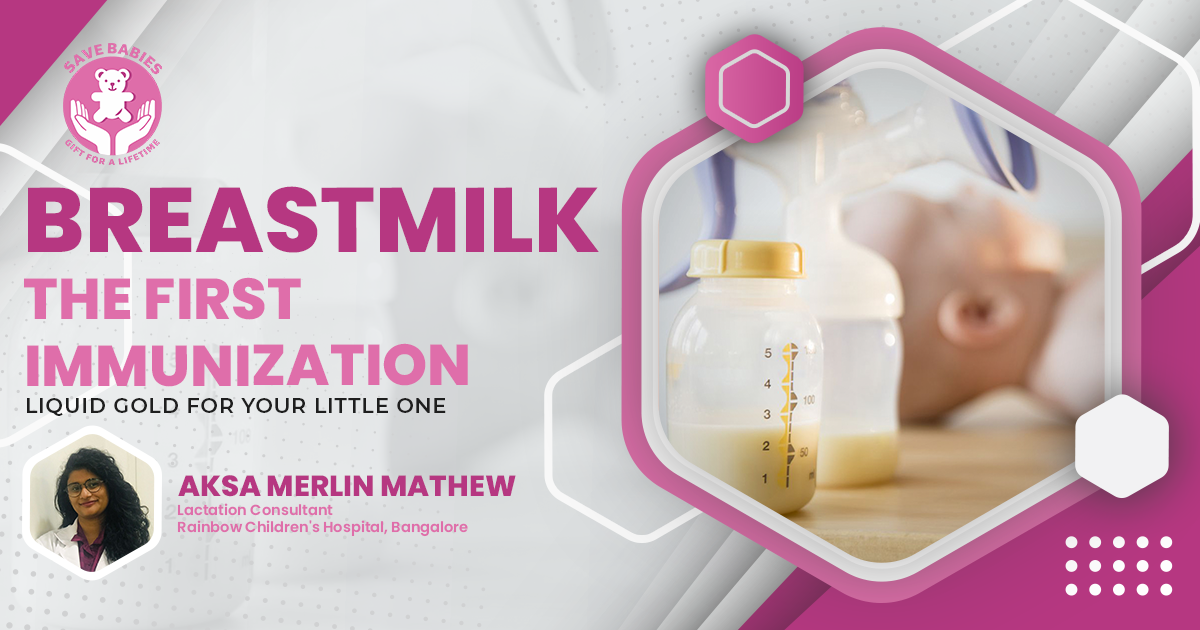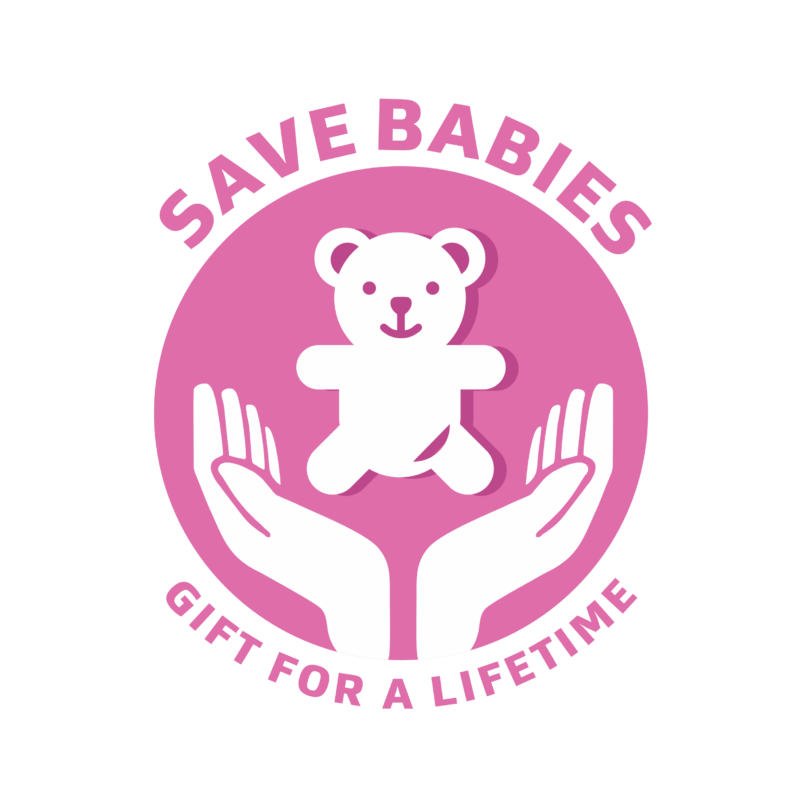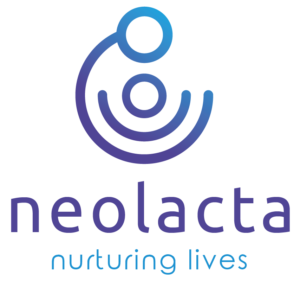As a New Mom understanding your Baby’s Health is Important. Breastfeeding is not only a source of nourishment for your baby, but it also provides the first line of defense against infections and diseases. Breastmilk is considered the first immunization that a mother can provide to her child. It contains antibodies, white blood cells, and other immune factors that help protect your baby from illnesses.
Let’s discuss the importance of breastmilk as the first immunization and the benefits it provides to your baby’s health.
Breastmilk composition – what’s in your breastmilk?
Let’s take a closer look at the components of breastmilk and their roles in supporting your baby’s growth and development.
Benefits of breastfeeding
Breastmilk is a natural and complete source of nutrition for infants, providing them with all the essential nutrients they need to grow and develop. Breastmilk nutrients include carbohydrates, proteins, fats, vitamins, and minerals, which are easily digested and absorbed by the infant’s digestive system. One of the most significant benefits of breastmilk is that it contains antibodies, immune cells, and other bioactive components that help boost the infant’s immune system and protect them against infections and illnesses.
Here are some of the benefits of breastmilk as the first immunization:
In addition to its nutritional and immune-boosting properties, breastfeeding has been shown to have numerous other benefits for both the infant and the mother. Breastfeeding can enhance the bonding between the mother and the infant, and it may also reduce the risk of certain chronic diseases such as breast and ovarian cancer in the mother.
What is passive immunity for Newborns?
Passive immunity for babies refers to the temporary immunity that is passed from the mother to the infant through the transfer of antibodies across the placenta during pregnancy or through breast milk after birth. This immunity provides protection to the infant from various infections and illnesses until their own immune system becomes fully developed.
During pregnancy, the mother’s immune system produces antibodies against the infectious agents that she has encountered throughout her life. These antibodies can pass through the placenta and enter the fetal bloodstream, providing the developing fetus with immunity against those specific infectious agents.
After birth, the mother continues to provide passive immunity to the infant through the breastmilk. Breastmilk contains antibodies that are specific to the infectious agents that the mother has encountered, providing the infant with protection against those infections.
Passive immunity for babies is essential in the early weeks and months of life when the infant’s immune system is still developing and not yet capable of producing its antibodies. This immunity can help protect the infant from a wide range of infections and illnesses and can reduce the severity of the disease if the infant does become infected.
Passive immunity for babies is a crucial aspect of infant health, providing protection against infections and illnesses until the infant’s immune system is fully developed. Breastfeeding is an essential way to provide this passive immunity to the infant and promote their optimal health and development.
What is Active immunity for Newborns?
Active immunity for babies refers to the immunity that develops in infants as a result of their own immune system responding to infectious agents. Unlike passive immunity, which is transferred from the mother, active immunity is acquired by the infant’s own immune system through exposure to infectious agents.
Infants acquire active immunity through exposure to infectious agents, either naturally or through vaccination. When an infant is exposed to an infectious agent, their immune system produces antibodies against that specific agent, providing immunity against future infections. Vaccines work by exposing the infant to a weakened or inactivated form of the infectious agent, allowing the immune system to develop immunity without causing disease.
The development of active immunity in infants is a gradual process that takes time. Infants’ immune systems are not fully developed at birth and require time to mature and develop the ability to produce a robust immune response. This is why infants are particularly vulnerable to infections in the first few months of life before their immune systems are fully functional.
Breastfeeding can also help support the development of active immunity in infants by providing essential nutrients and immune-boosting components that promote optimal immune system function. Breastmilk contains antibodies, immune cells, and other bioactive components that can enhance the infant’s immune response and protect them against infections.
Breastfeeding can support the development of a robust and effective immune response in infants.
Breastmilk is the first immunization that a mother can provide to her child, offering numerous benefits for their health and development. Breastfeeding also promotes bonding between mother and baby, providing a sense of security and comfort for your little one. Understanding the importance of breastmilk as the first immunization can help you make informed decisions about your baby’s health and well-being.




